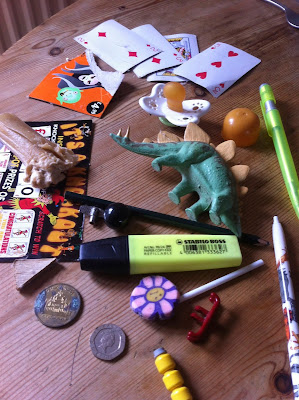I began this blog on 6 February 2010 to explore the evolving landscape of e-learning—its potential, practice, and problems—through the lens of creativity, history, and applied learning. Fifteen years on, it now spans over 5,000 posts and has broadened to include my work in creative writing and design, sport and performance coaching, environmental advocacy, and lifelong learning.
My academic foundation is the MA in Open and Distance Education (MAODE) from The Open University, where I completed seven modules, including Creativity, Innovation and Change (B822), Accessible Online Learning (H810), and Researching Learning in the Digital Age (H809). Since graduating, I’ve continued to study online, completing more than 20 MOOCs (primarily on FutureLearn and Coursera) and serving as a mentor for Coursera’s Learning How to Learn and Photography courses.
In 2015, I became Digital Editor for The Western Front Association, overseeing one of the UK’s most significant First World War education sites. Alongside that work, I completed an MA in British History and the First World War at the Universities of Birmingham and Wolverhampton.
Since 2018, I’ve been a Learning Technologist, initially at Greater Brighton MET College, helping staff and students to innovate with digital media and learning tools such as Google Workspace, Planet eStream, ThingLink, and WordPress. I hold Google Educator Level 1 & 2 certifications and am an advocate for accessible, creative online pedagogy.
I also hold a PGCE (Postgraduate Certificate in Education) from the University of Brighton, completed in 2022. This formalised my understanding of online learning, inclusion, and assessment, grounding my practical teaching experience in theory.
Beyond education technology, I’m a Swim England Senior Club Coach with over 20 years of teaching and coaching experience, guiding County and Regional swimmers through progressive, athlete-centred programmes. My coaching integrates sports science, performance psychology, and creative methods of motivation and reflection.
Creativity underpins all my work. I am a practising artist, printmaker, and writer, producing relief prints, multimedia projects, and AI-assisted visual storytelling pieces such as The Watersprites and The Form Photo.
As an elected councillor and member of the Green Party, I’m actively engaged in environmental advocacy and local heritage protection, chairing the Lewes Town Council Task & Finish Group for Trees and contributing to the Woodland Trust’s Ancient Tree Inventory. Sustainability, access, and education remain central threads across all I do.
When time allows, I’m happiest outdoors—coaching at the pool, walking veteran trees, cycling woodland trails, or sketching en plein air. I still play the guitar and, occasionally, sing a Bowie song or two.

